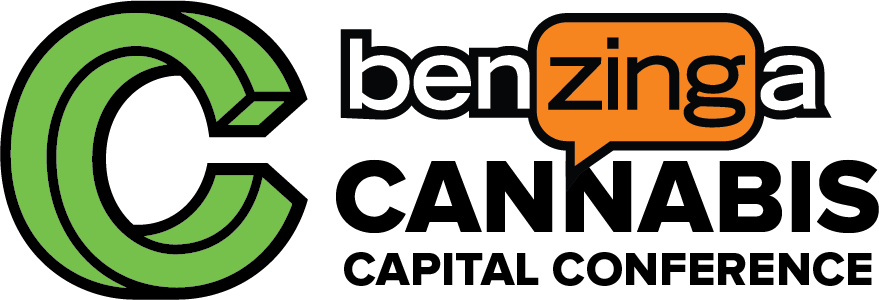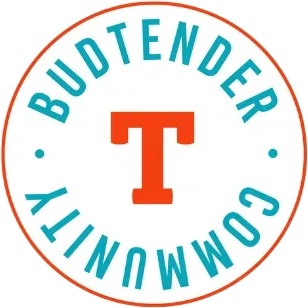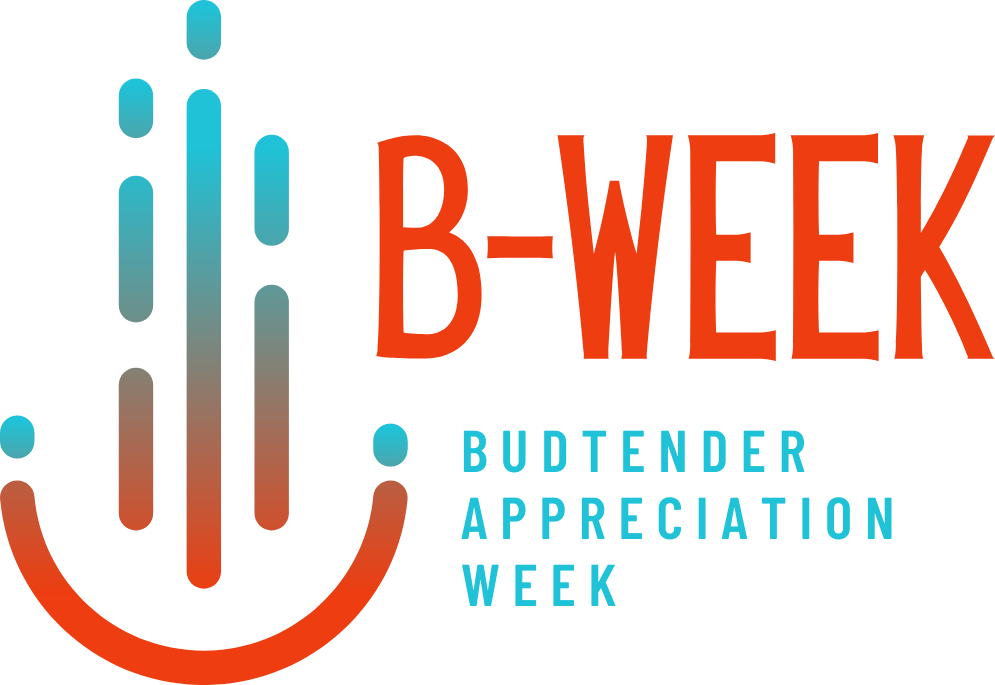Despite concerns voiced by critics regarding the potential surge in problematic cannabis use following legalization, recently released federal data from the Substance Abuse and Mental Health Services Administration (SAMHSA) reveals a different narrative. The SAMHSA analysis, which covered 2021 and was released last week, showed that the states with the greatest rates of treatment admissions for cannabis were those where sales of the drug were still illegal. The data showed that admissions to substance-use treatment services at state-licensed facilities for people aged 12 year of age and older totaled approximately 1.5 million countrywide.
According to the Treatment Episode Data Set (TEDS), 10.2% of all recorded admissions involved cannabis or hashish as the major drug. This placed cannabis as the fourth most-used drug, following alcohol (34.8%), heroin (20.2%) and methamphetamine (13.5%). Notably, states with the highest per capita admissions for cannabis as a major substance did not have legal recreational sales at the beginning of 2021, despite some allowing medical cannabis use.
South Dakota led the list with 151 admissions per 100,000 people, followed by Iowa, Connecticut, South Carolina, Minnesota, New York, Wyoming, Georgia, North Dakota and New Jersey. States with the lowest marijuana admission rates were New Hampshire, New Mexico, West Virginia, Montana, Puerto Rico, Hawaii, Arizona, Illinois, Maine, Massachusetts and Pennsylvania. Oregon and Washington, both of which legalized recreational cannabis sales in 2021, did not report data for the SAMHSA report.
Smart Approaches to Marijuana (SAM), a prohibitionist group, pointed out that admissions for marijuana treatment in 2021 declined by more than 10,000 compared to the previous year, despite more states embracing legalization. Heroin treatment admissions also experienced a more substantial decrease during the same timeframe.
However, interpreting admission numbers as indicative of drug-use disorders comes with challenges. Factors such as available space, resources and referral mechanisms impact the types of services individuals receive and for what drugs. For example, self-referral was the most popular referral route in 2021, but the criminal justice system, which differs greatly between states, was the second most popular approach.
A study based on the SAMHSA report from September revealed a decline in referrals for cannabis-related treatment after legalization, attributed to reduced marijuana-related arrests among individuals aged between 18 and 24. Although criminal justice referrals were decreasing nationally, states with legalized marijuana saw a steeper decline post-legalization.
Despite the positive aspect of fewer admissions related to the war on drugs, concerns were raised as admissions fell amid increasing risk factors for problematic cannabis use. Instead of advocating for more criminal justice referrals, the report suggested a greater role for primary care healthcare professionals in recognizing and referring individuals with marijuana use disorder to treatment.
In a different study conducted in August, researchers found that there was a drop in the number of referrals to foster care after cannabis legalization. States that legalized recreational marijuana did not see an increase in foster care admissions associated with drug usage by parents or teenagers.
Conversely, a University of Mississippi study conducted last year linked recreational cannabis legalization to an average minimum 10% drop in foster care admissions, which includes neglect, physical abuse, parental incarceration, and alcohol and other drug abuse.
The body of scientific literature dispelling many of the claims made by prohibitionists is growing, and it shows that ending prohibition and allowing cannabis companies such as SNDL Inc. (NASDAQ: SNDL) to open shop brings benefits without the harms that legalization opponents often mention.
About CNW420
CNW420 spotlights the latest developments in the rapidly evolving cannabis industry through the release of two informative articles each business day. Our concise, informative content serves as a gateway for investors interested in the legalized cannabis sector and provides updates on how regulatory developments may impact financial markets. Articles are released each business day at 4:20 a.m. and 4:20 p.m. Eastern – our tribute to the time synonymous with cannabis culture. If marijuana and the burgeoning industry surrounding it are on your radar, CNW420 is for you! Check back daily to stay up-to-date on the latest milestones in the fast -changing world of cannabis.
To receive SMS alerts from CNW, text CANNABIS to 888-902-4192 (U.S. Mobile Phones Only)
For more information, please visit https://www.CannabisNewsWire.com
Please see full terms of use and disclaimers on the CannabisNewsWire website applicable to all content provided by CNW, wherever published or re-published: https://www.CannabisNewsWire.com/Disclaimer
CannabisNewsWire
Denver, CO
www.CannabisNewsWire.com
303.498.7722 Office
Editor@CannabisNewsWire.com
CannabisNewsWire is powered by IBN



















